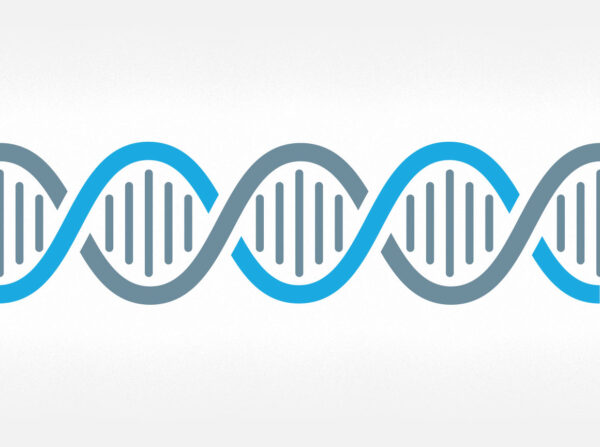ACLU and Stand for Children Tennessee File Lawsuit Against City of Memphis for Police Transparency Violations
MEMPHIS, Tenn. — Today, Stand for Children Tennessee and the American Civil Liberties Union filed a lawsuit against the city of Memphis for unlawfully denying access to public records that would shed light on the police department’s use of force policies and practices. The request, sent in May 2025, seeks to uncover whether the Memphis Police Department (MPD) has taken any steps to address misconduct and civil rights violations identified in the 2024 Department of Justice (DOJ) report. The ACLU filed similar requests in six other jurisdictions across the country that received DOJ findings reports about unlawful policing. MPD is the only department to issue a blanket denial.
“This lawsuit is necessary because the public deserves answers,” said Cardell Orrin, executive director of Stand for Children Tennessee. “The DOJ confirmed that MPD engaged in excessive force, racial profiling, and discriminatory policing. More than a year later, Memphians still don’t know whether those findings have been addressed.
“At a moment of expanded policing and federal involvement, transparency from our local police department is more important than ever. This lawsuit is about ensuring the public can access information that the law says should be available — so communities, journalists, and policymakers can understand what’s happening and respond accordingly.”
The records denial comes amidst an alarming surge of federal law enforcement into Memphis. In September, the Trump administration issued a memo establishing a regressive policing task force made up of various federal law enforcement agencies. Over the past several months, armed and masked federal law enforcement have been working closely with the Memphis Police Department to patrol neighborhoods across the city, detaining Black and Brown residents at a disproportionate rate.
“When police operate in the shadows, it allows misconduct to flourish and communities pay the price,” said Jenn Rolnick Borchetta, deputy director of policing at the ACLU. “That is exactly what we are seeing in Memphis today. Armed and masked federal agents are working hand in hand with MPD, reportedly using the same aggressive and unconstitutional tactics that led to the killing of Tyre Nichols and the subsequent DOJ investigation. We cannot afford to wait for another tragedy to happen before the city willingly increases transparency. The people of Memphis deserve answers about what is happening in their own streets.”
Since the DOJ’s December 2024 report documenting MPD’s pattern of excessive force, racial discrimination, and unconstitutional policing, the city has not made sufficient reforms. Without more access to data and public records, the public has no meaningful way to assess whether the department has made any changes at all.
The records request seeks existing documentation such as use‑of‑force reports and field investigation memos, which are routine records departments are required to maintain under MPD policy. MPD’s refusal to release the documents makes them an outlier among police departments in cities like Lexington, Mississippi and Louisville, Kentucky, which have already complied with similar requests. This denial reflects a broader pattern of resistance to public records requests by the city of Memphis. In a separate case last year, a judge found the city had willfully violated the Tennessee Public Records Act by unlawfully denying records and imposing improper barriers to access, underscoring ongoing concerns about transparency.
Original Records Request (Sent May 21, 2025): https://stand.org/tennessee/memphis-police-department-official-records-request/


